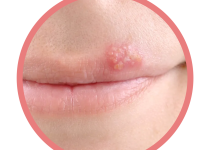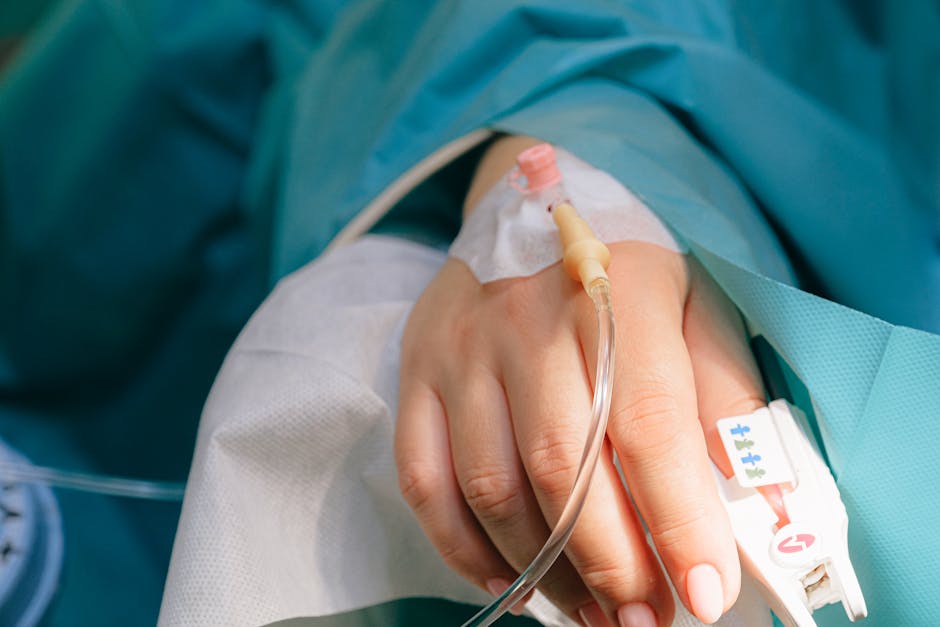Acne Treatments: A Guide To Understanding And Managing Your Breakouts
Acne is a common skin condition that affects people of all ages. It is caused by a combination of factors, including hormones, bacteria, and clogged pores. There are a variety of acne treatments available, and the best approach for you will depend on the severity of your acne and your individual skin type.
**Types of Acne**
There are two main types of acne: inflammatory and non-inflammatory. Inflammatory acne is characterized by red, swollen, and sometimes painful pimples. Non-inflammatory acne is characterized by blackheads and whiteheads.
**Causes of Acne**
Acne is caused by a combination of factors, including:
* **Hormones:** Hormones play a key role in the development of acne. Androgens, which are hormones that are produced in both men and women, can stimulate the production of sebum, an oily substance that can clog pores and lead to acne.
* **Bacteria:** The bacteria Propionibacterium acnes (P. acnes) is found on the skin of all people. In people with acne, P. acnes can multiply and cause inflammation.
* **Clogged pores:** When sebum and dead skin cells build up in pores, they can clog the pores and lead to the formation of pimples.
**Treatment Options**
There are a variety of acne treatments available, including:
* **Topical treatments:** Topical treatments are applied directly to the skin. They can help to kill bacteria, reduce inflammation, and unclog pores. Some common topical treatments include benzoyl peroxide, salicylic acid, and retinoids.
* **Oral medications:** Oral medications are taken by mouth. They can help to reduce the production of sebum and kill bacteria. Some common oral medications include antibiotics and isotretinoin.
* **Light therapy:** Light therapy uses ultraviolet light to kill bacteria and reduce inflammation. It can be an effective treatment for moderate to severe acne.
* **Chemical peels:** Chemical peels use chemicals to exfoliate the skin and remove dead skin cells. They can help to improve the appearance of acne scars and reduce the risk of future breakouts.
* **Microdermabrasion:** Microdermabrasion is a procedure that uses tiny crystals to exfoliate the skin. It can help to improve the appearance of acne scars and reduce the risk of future breakouts.
* **Laser therapy:** Laser therapy uses laser light to kill bacteria and reduce inflammation. It can be an effective treatment for moderate to severe acne.
**Choosing the Right Treatment**
The best acne treatment for you will depend on the severity of your acne and your individual skin type. If you have mild acne, you may be able to treat it with over-the-counter products. If you have moderate to severe acne, you may need to see a dermatologist for prescription medication or other treatments.
**Preventing Acne**
There are a number of things you can do to help prevent acne, including:
* **Wash your face twice a day with a gentle cleanser.**
* **Avoid scrubbing your face.**
* **Moisturize your skin regularly.**
* **Use sunscreen every day.**
* **Avoid touching your face.**
* **Eat a healthy diet.**
* **Get regular exercise.**
* **Manage stress.**
Acne can be a frustrating condition, but there are a variety of effective treatments available. By working with your dermatologist, you can find the right treatment for your acne and get your skin looking its best.


